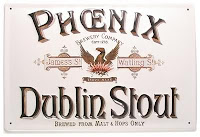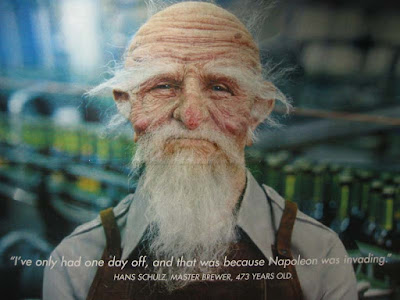Of course, it wasn’t always like that. In the early 1800s, Ireland was scattered with breweries and distilleries, and at least every small town seemed to have at least one or the other (we’ve already identified over 160 breweries from the 1830s). By the 1960s, most were gone, bought out and turned from being independent producers of beer, into bottlers under the yoke of one of the big breweries. In places like Dublin and Cork, choice held out for as long as it could for the discerning customer, until eventually, the likes of Phoenix, Anchor, Sweetman, Findlaters, Manders and Thunder were undercut, shut down, bought out, assimilated or built over by the big brewers. By the 1950’s, Dublin had gone from over 22 breweries to 1. Cork went from over 25 to 2, and now, even one of those has gone. And that is how everyone else now sees “the beer” in Ireland. A monoculture, owned by large international corporations. The most Irish thing about these beers is the history, and the shamrockery branding.
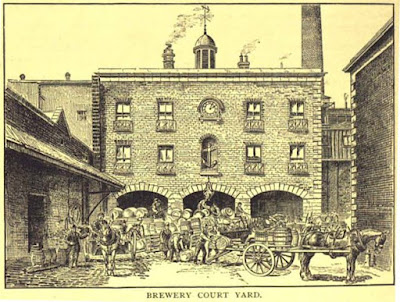 |
| The Anchor Brewery, Dublin, c. 1889. |
But of course, things change, and in typical Irish fashion, there were small revolutions, when forward-thinking Irish men and women sought choice and quality. In the early-to-mid 1990s, a first, small wave of Irish micro breweries made brave moves against the tide. One has to admire them, putting small, often two or three-man operations against the incumbent powers that be. For some, the introduction of staged tax rates on brewers came too late, and the likes of the Dublin Brewing Company, North King Street - who reintroduced D’Arcy’s Stout to Dublin after the the original Anchor Brewery succumbed to the onslaught of the bigger brewery in 1926 - repeated history, and could not continue to fight against the status quo. Others, like Biddy Early, fell by the wayside, as Irish people chose to stay with the brand they knew best, regardless. But some, like The Porterhouse, Franciscan Well and Carlow Brewing, thrived, a testament to their bravado and business acumen.
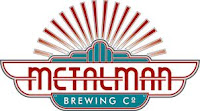 In the last few years, a second wave has begun, with the likes of the Hooker Brewery, first bringing their pale, hoppy ale, Galway Hooker, to punters in Galway in 2006, and quickly spreading to other parts of the country (something I was very glad of, as it became my regular tipple when (frequently) out in Dublin). Even over the past year, there’s been several new breweries, including Dungarvan, Trouble and Metalman, all operated by small groups of family or friends who brewed at home, and all taking the big leap into commercial brewing. It's both a sad indication of the near-death experience of Irish brewing and a thrilling feeling of rejuvenation, that we now list 15 microbreweries on the island of Ireland, when about 20 years ago there were just three massive brewing companies present.
In the last few years, a second wave has begun, with the likes of the Hooker Brewery, first bringing their pale, hoppy ale, Galway Hooker, to punters in Galway in 2006, and quickly spreading to other parts of the country (something I was very glad of, as it became my regular tipple when (frequently) out in Dublin). Even over the past year, there’s been several new breweries, including Dungarvan, Trouble and Metalman, all operated by small groups of family or friends who brewed at home, and all taking the big leap into commercial brewing. It's both a sad indication of the near-death experience of Irish brewing and a thrilling feeling of rejuvenation, that we now list 15 microbreweries on the island of Ireland, when about 20 years ago there were just three massive brewing companies present.What these breweries have in common, is first and foremost a love of the beer, and drive to bring new tastes to the Irish drinking classes, although often with a nod towards what is considered traditional for Irish beers. It is this spirit that Beoir encourages, just as it encourages people to try them out, and see what wonderful Irish taste experiences are sitting behind the bar, or on the supermarket shelf.
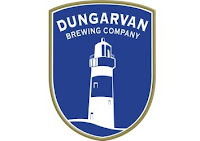 The main thing is, in times likes these, if you want to celebrate Irishness with an Irish beer, why not pick out a beer that has been hand-crafted, with love and pride, by a small Irish company. Give something back, help these small businesses, and enjoy something that is delicious, top quality, and actually Irish-owned.
The main thing is, in times likes these, if you want to celebrate Irishness with an Irish beer, why not pick out a beer that has been hand-crafted, with love and pride, by a small Irish company. Give something back, help these small businesses, and enjoy something that is delicious, top quality, and actually Irish-owned.
